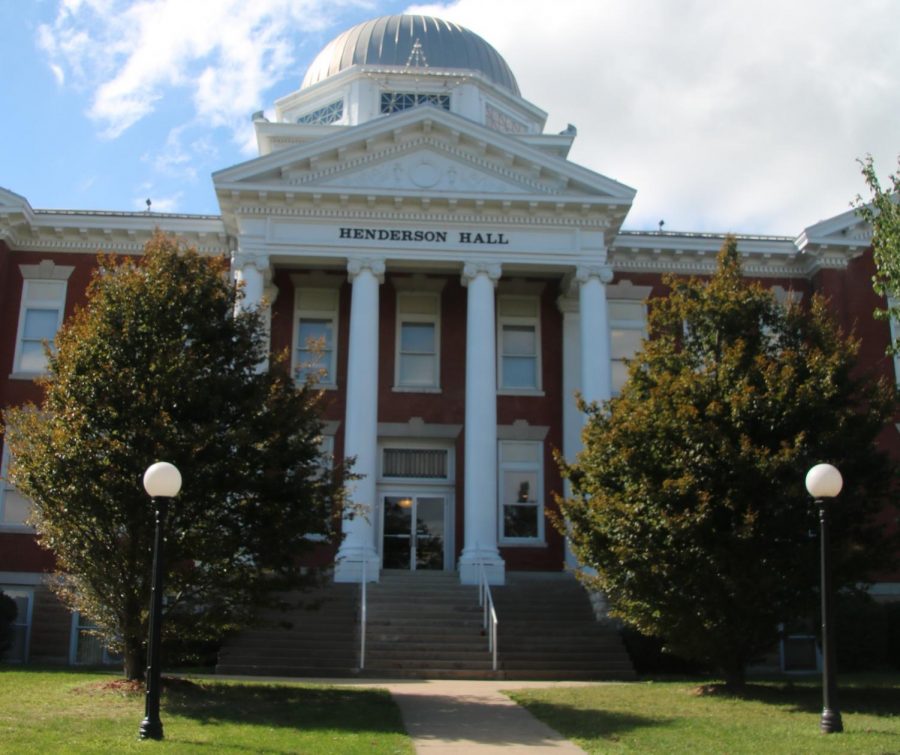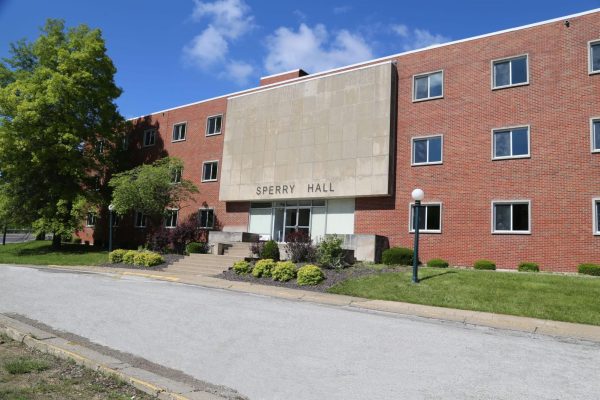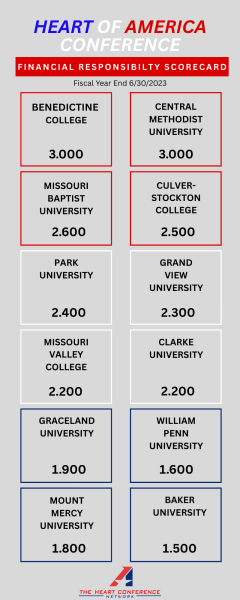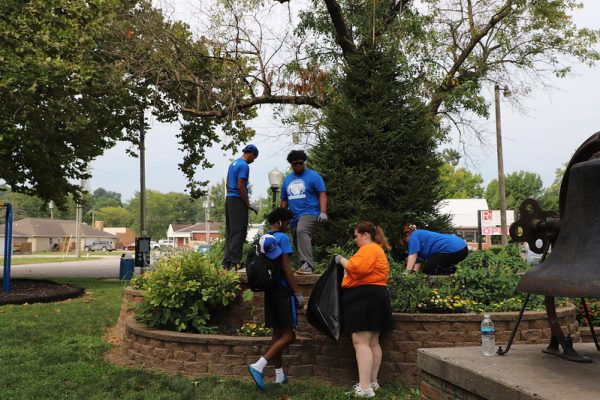Catalyst Represents “New Normal” for Incoming Freshmen
Henderson Hall
Originally called “Summer Bridge,” the Catalyst program has shifted to better represent what the program has to offer incoming Culver-Stockton College students. Kendall Kirkham, Coordinator of Student Success and the director of the the Catalyst program explained the reasoning: “We changed the name because it really isn’t a bridge into college as much as it is an advancement into college. Hence, the name Catalyst was born.”
Beginning Aug. 8, for a week and a half, incoming freshmen were able to take part in a class on campus before school officially started. This year the program offered three courses: BIO 112 – How the Body Works, COM 115 – Fundamentals of Speech, and EXP 101 – Reacting to the Past.
Four students composed the BIO 112 section taught by Assistant Professor of Biology Dr. M. Esa Seegulam; 11 in COM 115 taught Instructor in English/Communication Heather Keller-Giltner, and 10 in the EXP 101 – Reacting to the Past class taught by Professor of History Dr. Scott Giltner.
This year’s Catalyst program was different than in the past due to the precautions that needed to be taken to ensure student’s safety. Those measures included making the classroom socially distanced, sanitization of desks after every use, and requiring face coverings.
Under the new social distancing guidelines, these three classes were the first to experience the new in-person learning environment on The Hill in the midst of a global pandemic.
The normal day of a Catalyst student was: class twice a day for an hour and a half to two hours each day with a break for lunch. Students also participated in a review session, that promoted the student to ask questions, and work on assignments.
Outside of the class portion of Catalyst, the students also took part in activities in the evenings. Those ranged from a night of painting, going bowling, campus scavenger hunt, going into downtown Canton for Primo’s ice cream, and a night out to eat at the Mexican restaurant in Canton.
Kirkham says there are multiple aspects she hopes the students take away from Catalyst. “First, and foremost, I want them to get a good idea of what a college class will be like and how they should prepare for it. Second, and very important, I want them to create a bond with students in the class, their peer leader (teacher’s assistant in the class), the professor, and with Culver-Stockton College. This bond is what keeps students at C-SC!”
In the midst of the given circumstances, the students were able to bond in the week and a half they spent together. Additionally, the new Wildcats experienced this new set of normal with other freshmen around the country.
Freshman Jarrett Buescher, from Missouri, expressed that it was vital to him to get know people through the Catalyst program. “I feel like it was very important especially due to COVID-19, there hasn’t been the opportunities there would be otherwise to get to know people. Honestly, if it wasn’t for Catalyst I wouldn’t have gotten to meet anyone and have a group of people to rely on once school officially began.”
The Catalyst program concluded on Aug. 27, and soon after the completion of Catalyst the freshman involved in the program were welcomed to the college through Wildcat Welcome.







Matt • Sep 1, 2020 at 9:07 pm
Spencer loved his time in Catalyst. After so many down days since March, it was great to hear his excitement. It was the best of transitions.